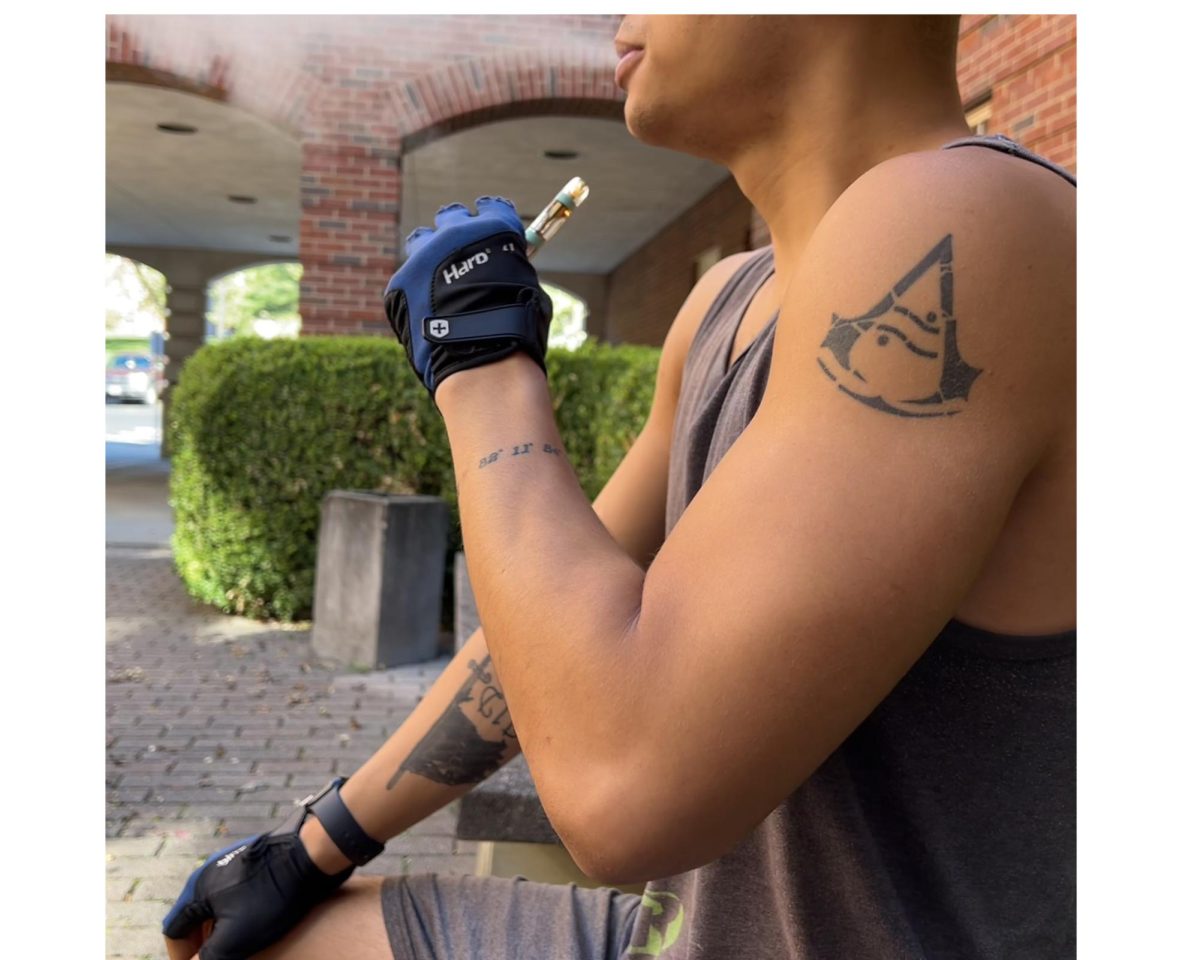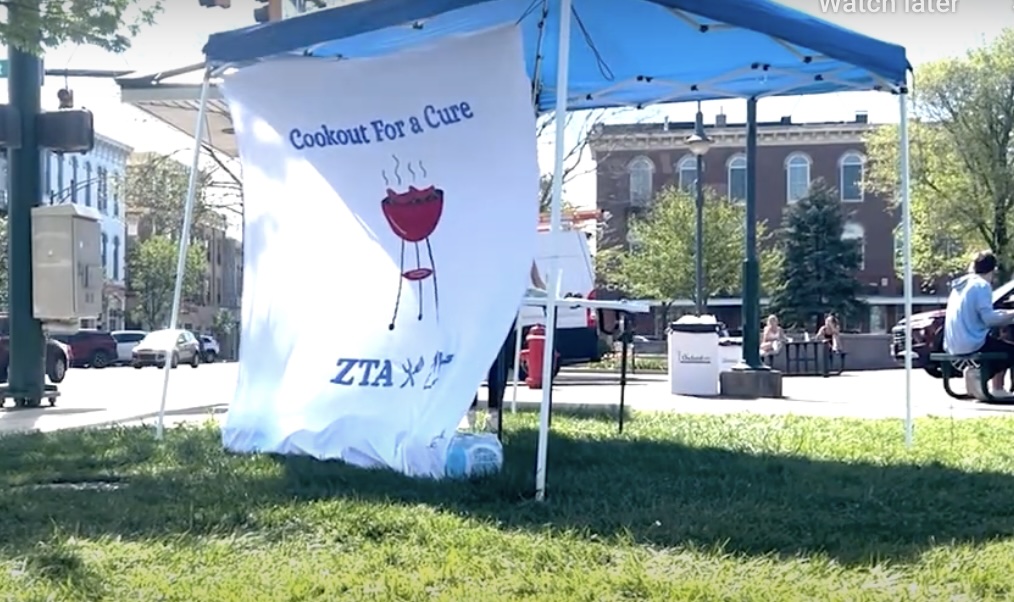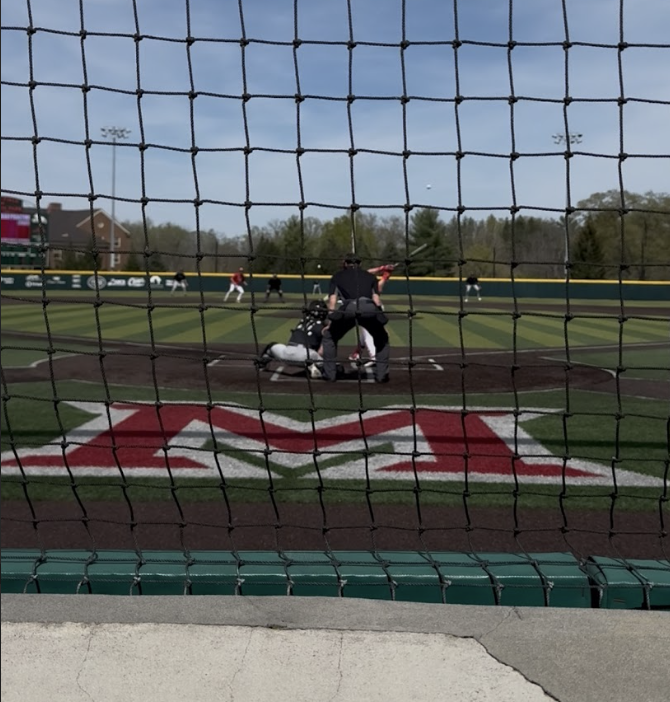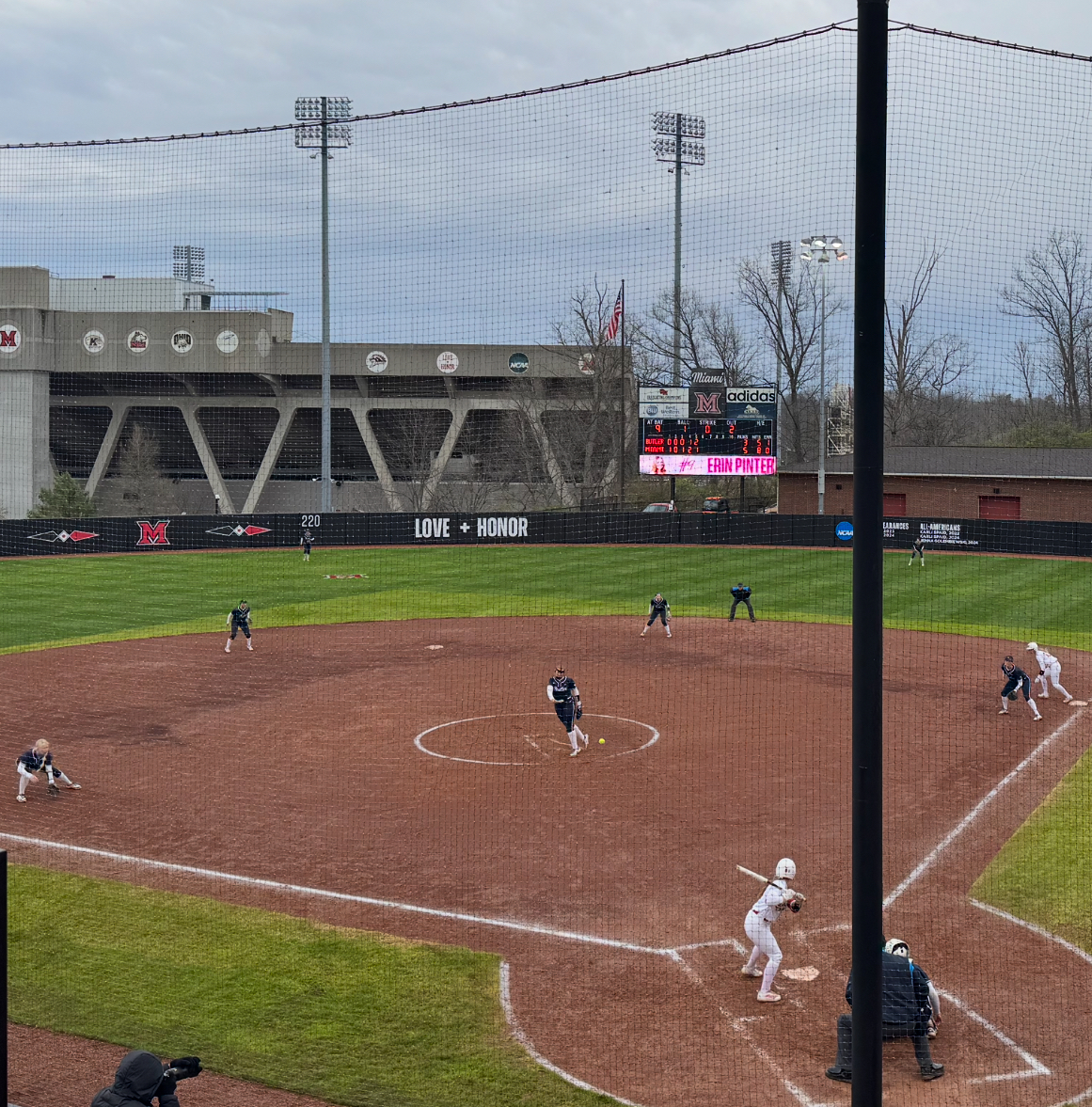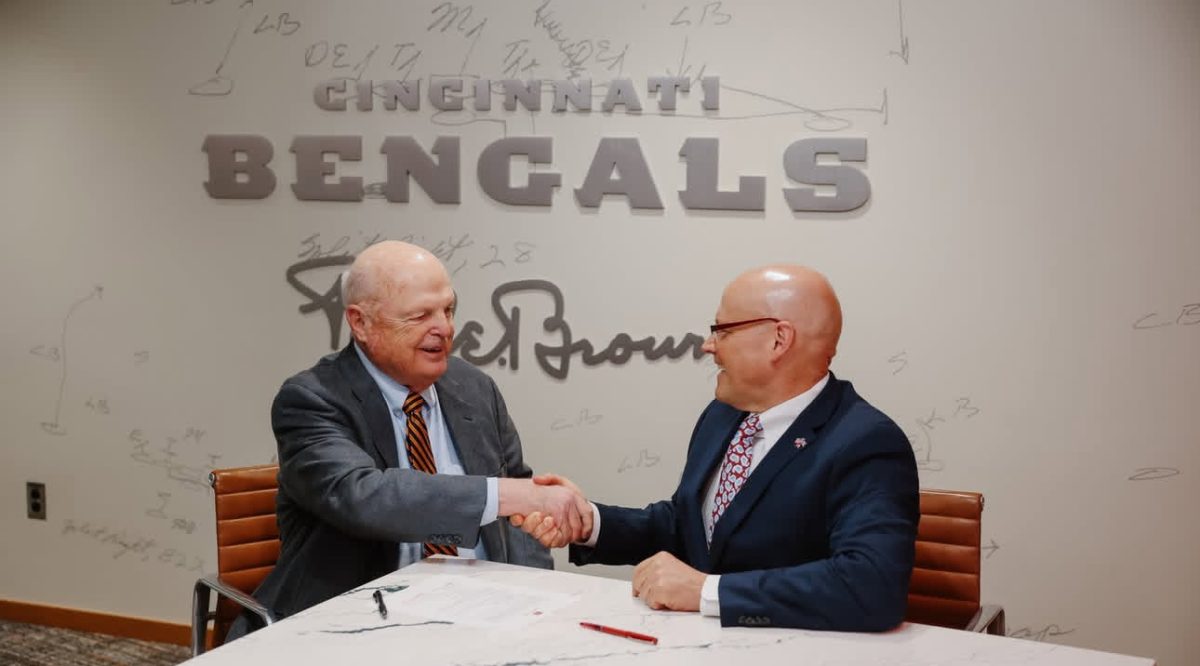The legacy of former President George H.W. Bush can be seen on almost every street corner and public building in Oxford and on Miami University’s campus.
Bush, 94, died on Nov. 30 and was buried at his presidential library in Texas on Wednesday. Of all of the aspects of his legacy reflected upon during this past week, perhaps none reached into everyday life more than the Americans with Disability Act. The civil rights legislation, which Bush signed in 1990, changed how the government provided assistance for those with disabilities.
The ADA mandates that businesses and public buildings be accessible for all individuals, including those with disabilities. In order to comply with ADA codes, buildings have been gradually upgraded to include accommodations such as ramps, elevators, and handicap buttons for doors.
In Oxford, these changes are noticeable. Over the past 10 years, Miami and the city have made the area more accessible for the roughly 2,000 students with disabilities—about 11 percent of Miami students. The Rinella Learning Center, established in 2000, provides learning assistance for those with disabilities on campus. Campus buildings are constantly being renovated, creating greater accessibility for disabled students. Teachers are being educated on how to better assist disabled students in their classes. Sidewalks are being fitted with rubber mats to let physically or visually disabled students know where curbs and streets begin.
While the university and city are complying with ADA codes, many of the buildings on High Street are outdated, and not up to current codes that are mandated during renovations. Places like Subway and Steinkellers are impossible for students such as Andrew Valadka, who was paralyzed from the waist down four years ago in a football game, to get in and out of on his own. Chipotle has doors that are too heavy for Valadka to open without the help of others. It is on rare occasion that he is able to go to local bars, such as CJ’s, with friends because the entrance sits atop a set of stairs.
“The past three years at Miami have been good, given what I have and am still going through. My disability has made me realize what I used to take for granted,” Valadka said. “Things that used to come easy now take time, and I find that I worry, sometimes unreasonably, about going places, because I don’t know if they will be accessible or not.”
While Valadka did receive assistance for his basic needs on Miami’s campus, he has not petitioned to the City of Oxford to make certain businesses more accessible. With only a year and a half left of schooling, he said he does not wish to make a fuss over the few businesses uptown and a couple classrooms being inaccessible to him.
But if those renovations are not undertaken, the next class of students will likely face the same barriers.




